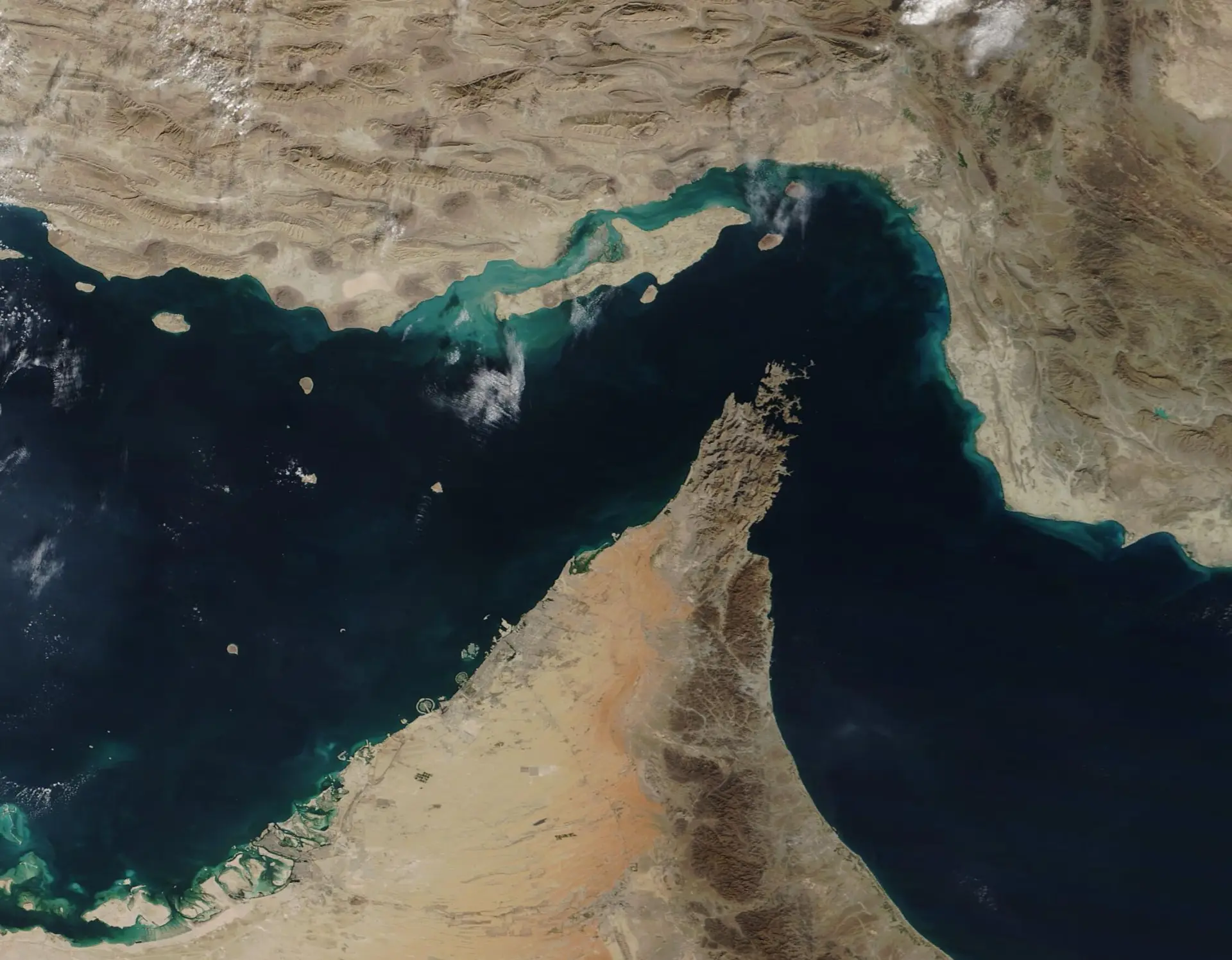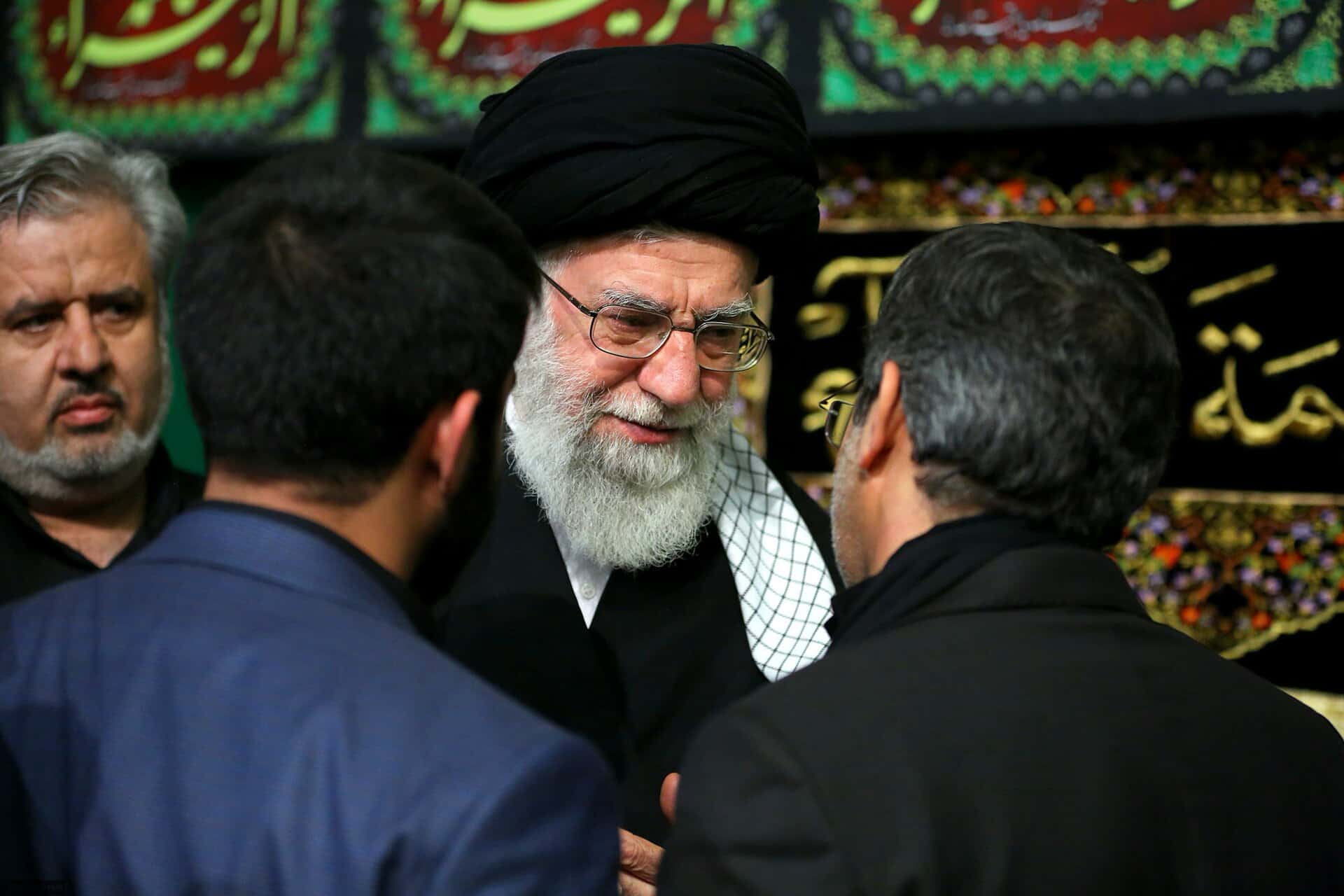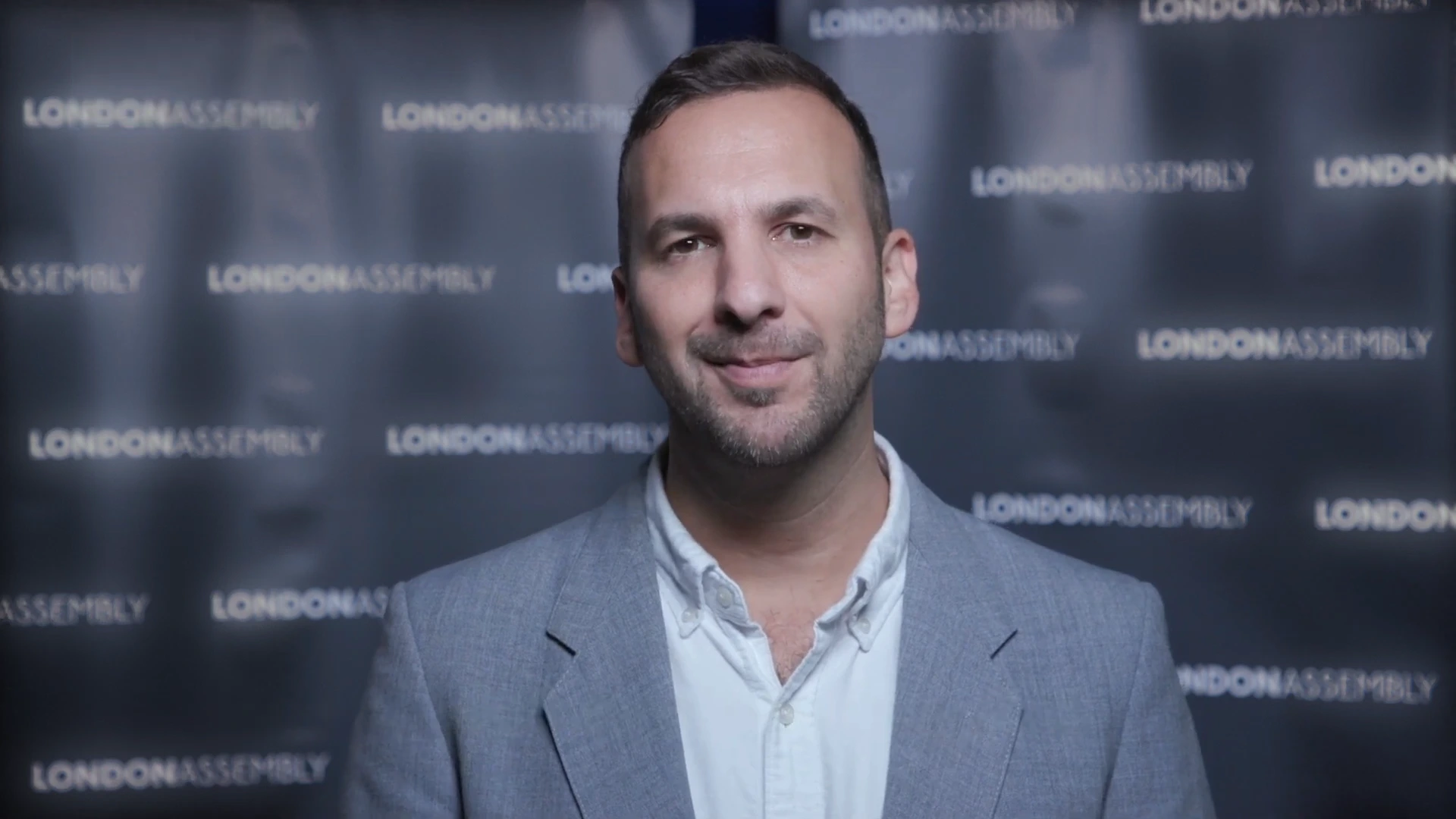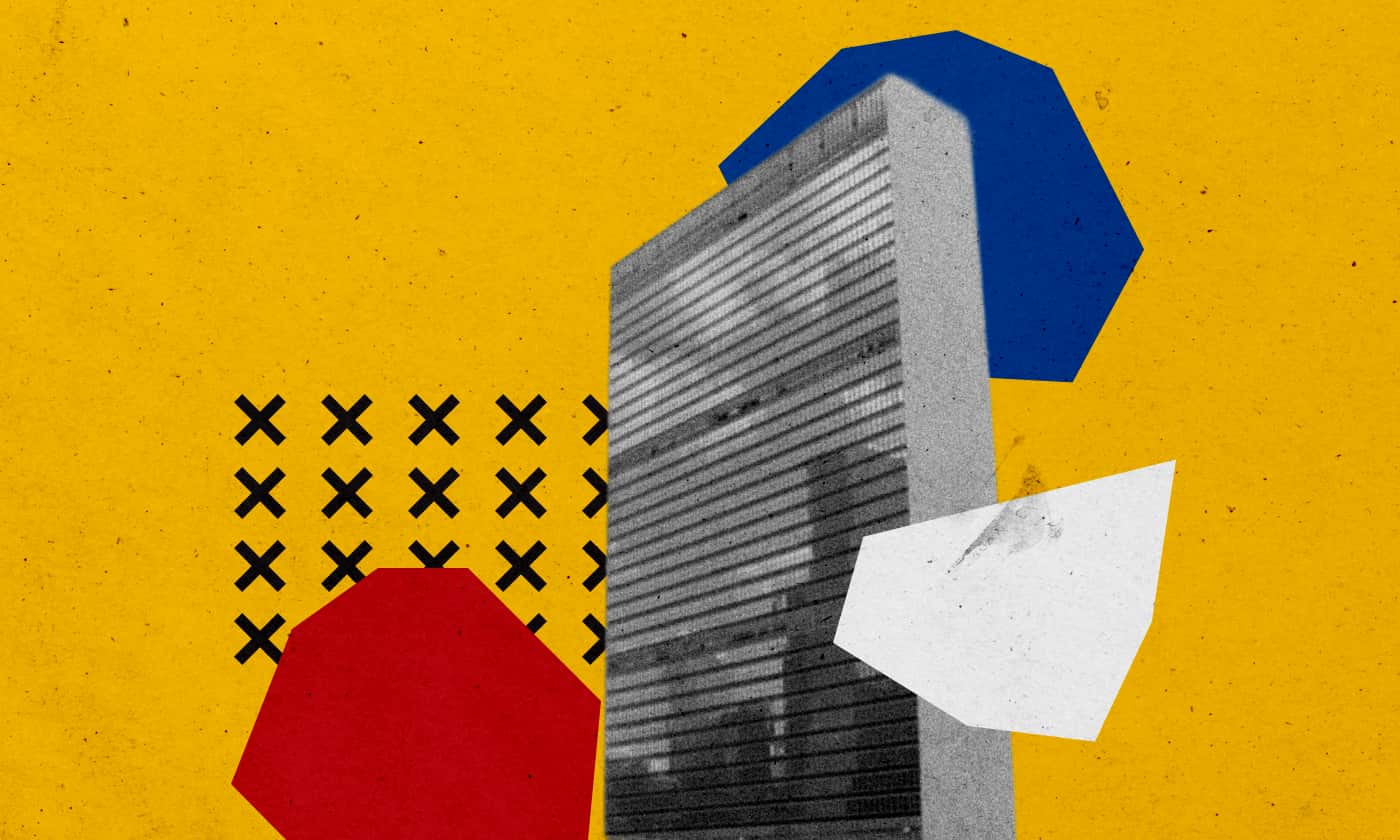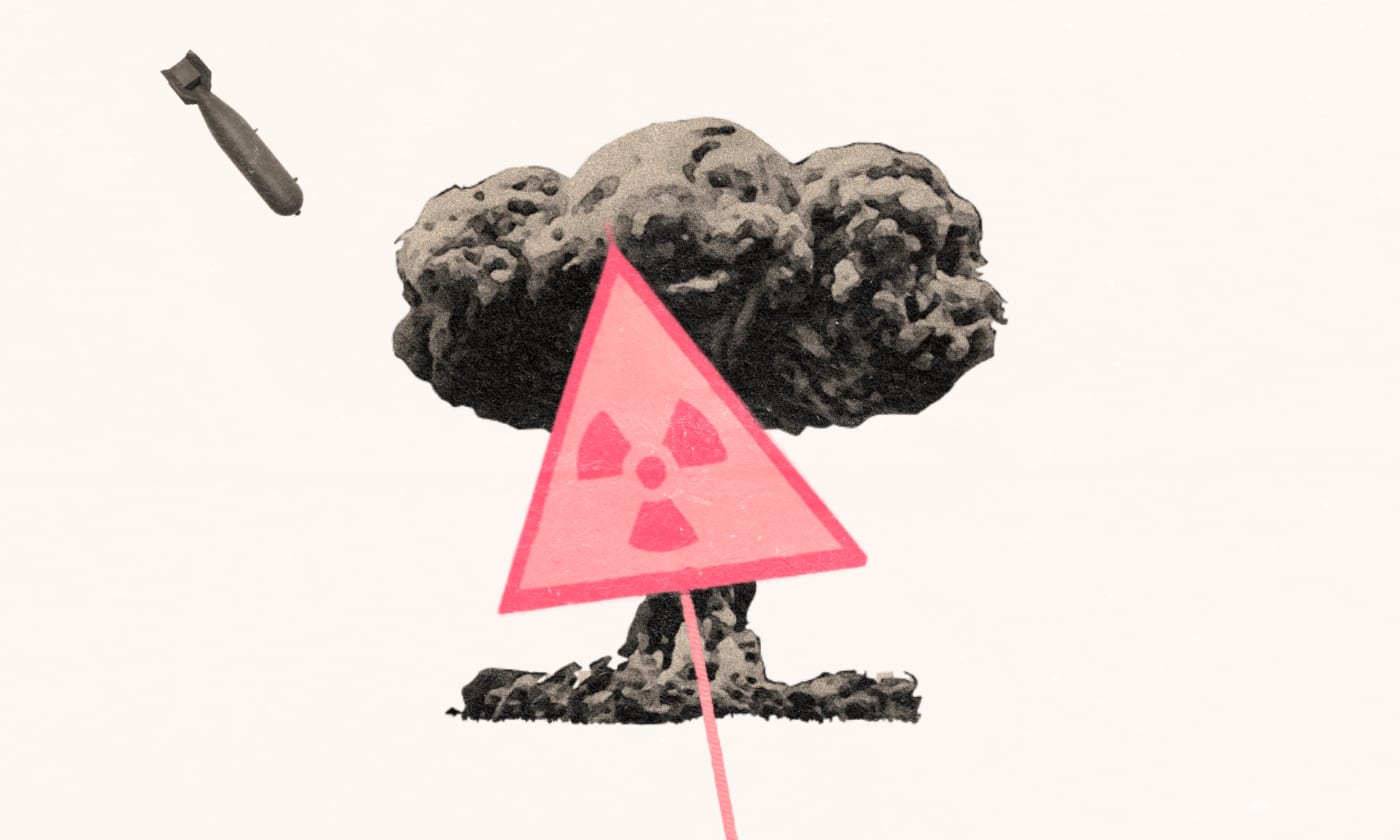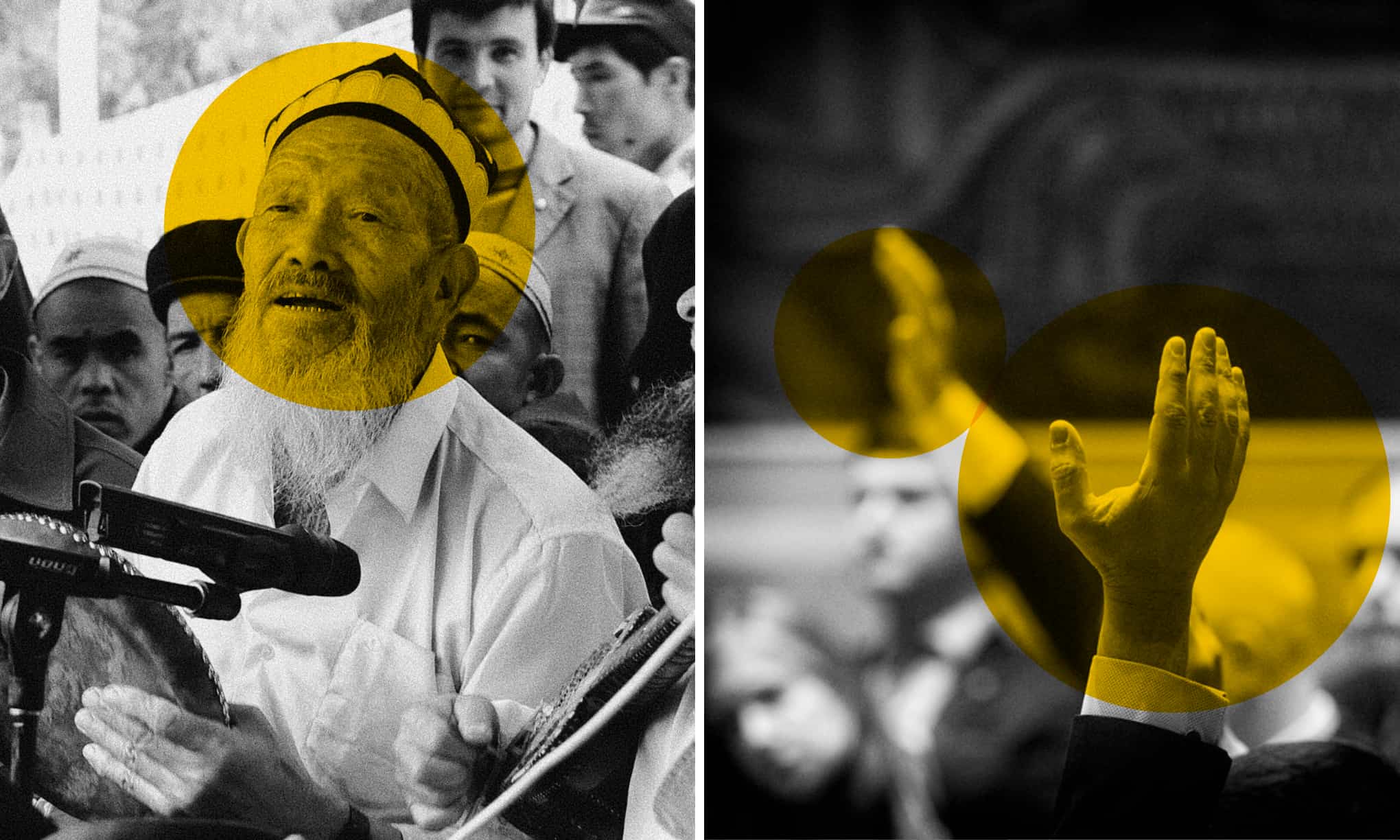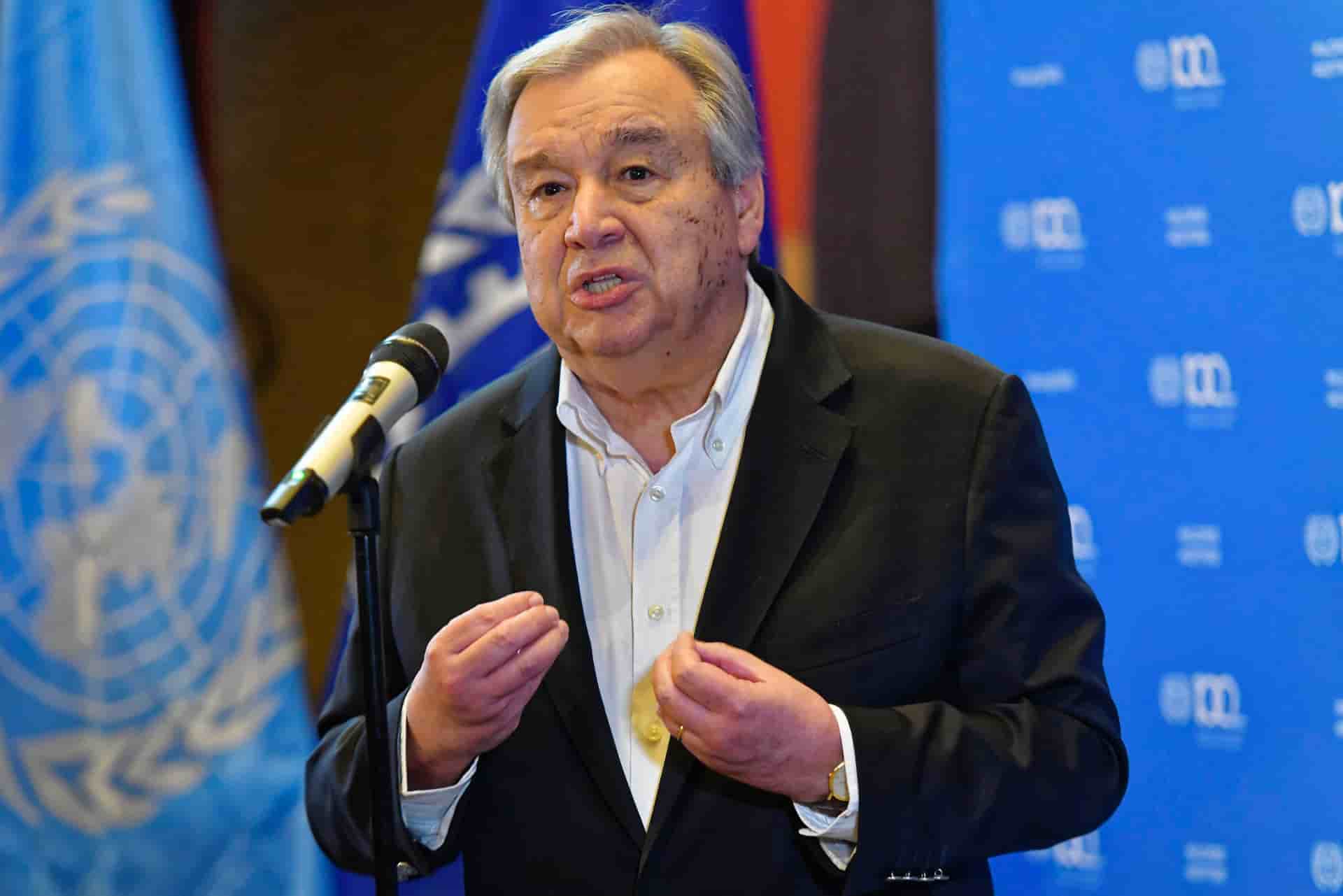Iran's Removal from the Commission on the Status of Women: Change in Membership Standards?
The UN has removed Iran from the Commission on the Status of Women for violations against women's rights, but many countries with poor records remain on the council.
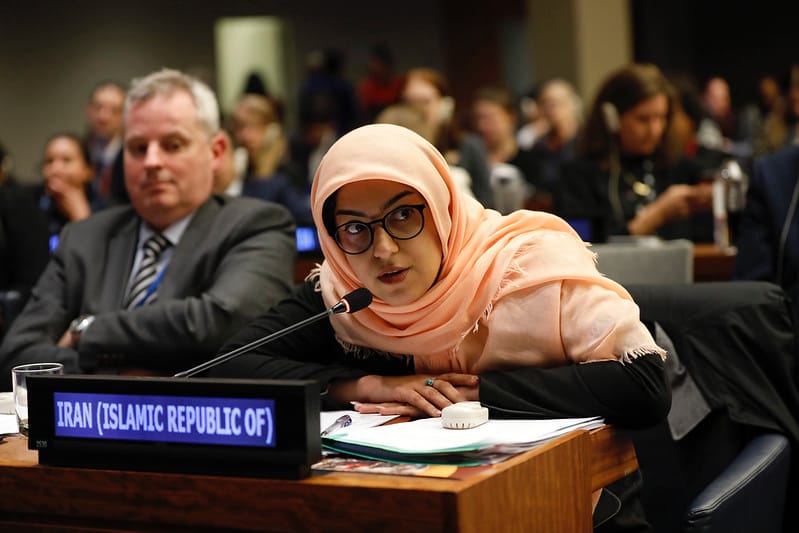
In a decision that is being celebrated as a victory for women’s rights, the UN’s Economic and Social Council has removed Iran from the Commission on the Status of Women (CSW). The country’s tenure, meant to last until 2026, was cut short in response to Iran’s repeated violations against the rights of women, including the violent suppression of protests demanding justice for the death of Mahsa Amini, a young woman who died in police custody last September.
The resolution to remove Iran from the CSW, introduced by the United States, received 29 votes in favour, with eight against (Bolivia, China, Kazakhstan, Nicaragua, Nigeria, Oman, Russian Federation and Zimbabwe) and 16 abstentions. The resolution expressed “serious concern” over the Iranian government’s actions, which have “continuously undermined and increasingly suppressed the human rights of women and girls,” often with the use of excessive force.
While the removal of Iran from the CSW is a step forward, it’s important to note other countries with similarly poor track records on women’s rights remain on the Council. Afghanistan, Iraq, Somalia, Congo, and Bangladesh rank amongst the bottom 20 countries on the “Women, Peace and Security Index” (WPS), yet they continue to serve as members. In comparison, Iran ranks 125 out of 170 countries.
Should Afghanistan be next?
The women of Afghanistan are facing “unfathomable restrictions” on their rights, according to Volker Türk, the UN’s High Commissioner for Human Rights. The Taliban, who are the de facto authorities in Afghanistan, have recently issued a decree banning women from working in non-governmental organisations (NGOs), as well as suspending university education for women and secondary schooling for girls. These actions will deprive women and their families of their incomes and their right to contribute to the development of their country.
NGOs and humanitarian organisations provide vital services for many people in Afghanistan, including food, water, shelter, and healthcare. They are often staffed by women, including in leadership roles, and are essential partners for the UN and other agencies in delivering humanitarian and development programs throughout the country. The ban on women working in NGOs will significantly impair, if not destroy, their ability to deliver essential services, said Türk. The ban will also increase the vulnerability of women to gender-based violence.
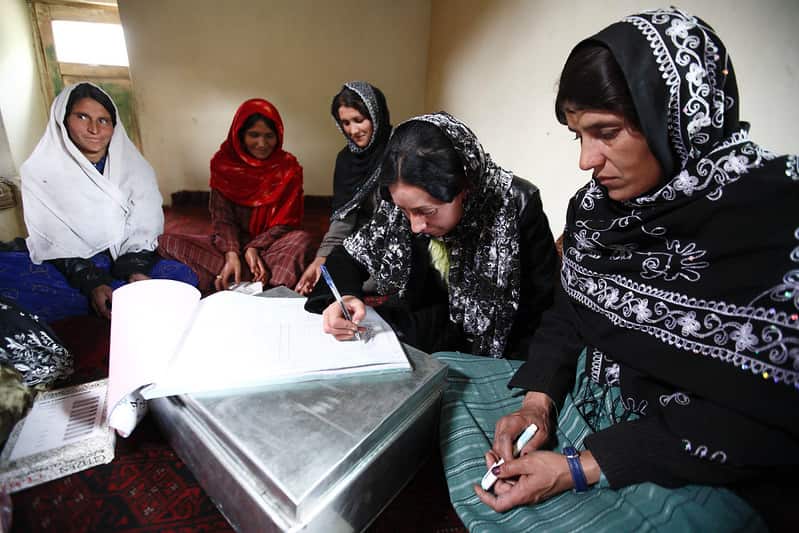
The Taliban banned women from attending universities in Afghanistan indefinitely in December. Photo: Canada in Afghanistan/Flickr
The Security Council has also voiced its concern over the latest Taliban restrictions on education for women and girls, stating that they will have a “significant and immediate impact” on humanitarian operations in Afghanistan and the delivery of aid and health work. The Council reiterated its full support for the UN Assistance Mission in Afghanistan and called on the Taliban to immediately revoke these policies and respect and protect the rights of all women and girls.
The situation in Afghanistan highlights the need to continue protecting the rights of women and girls and holding governments accountable for their actions. The country’s poor track record has already led to it losing its bid for a seat on the UN’s Human Rights Council.
The UN must take a stand for women’s rights
The UN’s removal of Iran from the CSW is a victory and serves as a warning to other countries who continue to violate the rights of women, that they too will face consequences. However, this is only the beginning.
The CSW has the potential to create meaningful and enduring change for women and girls around the world, but this can only happen if it is composed of member countries that are committed to upholding and implementing the commission’s mandate.
It is time for the UN to send a strong message to countries with abysmal track records on women’s rights, starting with the removal of Afghanistan, and other countries with poor records, from the CSW.


